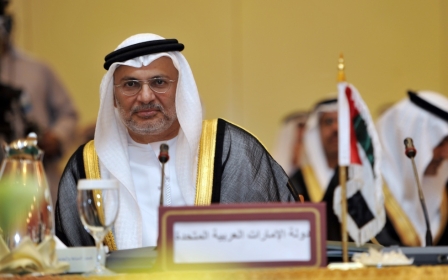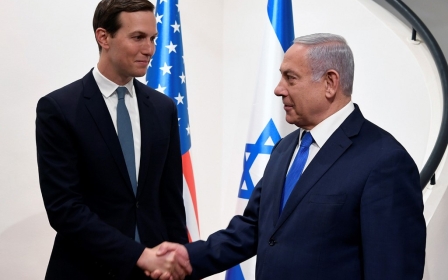Palestinian Authority rejects $190m Israeli tax payment in annexation plans protest

The Palestinian government has rejected the May tax payments collected on their behalf by Israel, in a new escalation to protest against Israel’s planned annexation of parts of the occupied West Bank.
The tax revenues, around $190m, are the primary source of income for the Palestinian Authority (PA), accounting for more than half its budget.
The boycott could impact payments to tens of thousands of civil servants, whose salaries make up a significant percentage of the West Bank and Gaza's $14.5bn GDP.
The PA has limited self-rule in parts of the West Bank, land occupied by Israel since a 1967 war and home to almost three million Palestinians.
It remains unclear how the PA could secure salaries for thousands of civil servants, amid an economic crisis linked to the coronavirus pandemic.
Last year, the Ramallah-based government boycotted the Israeli tax payments for several months after Israel deducted $10m from the total payments, which it said was equal to the amount that the PA pays the families of Palestinian political prisoners or those killed by Israel, a programme that the authority said it was not willing to halt.
On Wednesday, Ibrahim Melhem, a spokesman for the PA, said his government had rejected the May tax levies "in compliance with the leadership decision to stop all forms of coordination with Israel".
Israel’s finance ministry has yet to comment on the announcement.
Palestinian President Mahmoud Abbas has declared all deals with Israel null and void after Israeli Prime Minister Benjamin Netanyahu’s affirmation that his government would annex some illegal settlements and the Jordan Valley as early as 1 July.
At a meeting of legislators of his right-wing Likud party last month, Netanyahu described the annexation as “a historic opportunity,” citing US President Donald Trump's Middle East plan for the Israeli-Palestinian conflict, released in January, as underpinning his de facto annexation.
The Palestinian leadership has boycotted the so-called "deal of the century", pronouncing it dead on arrival.
Middle East Eye delivers independent and unrivalled coverage and analysis of the Middle East, North Africa and beyond. To learn more about republishing this content and the associated fees, please fill out this form. More about MEE can be found here.





